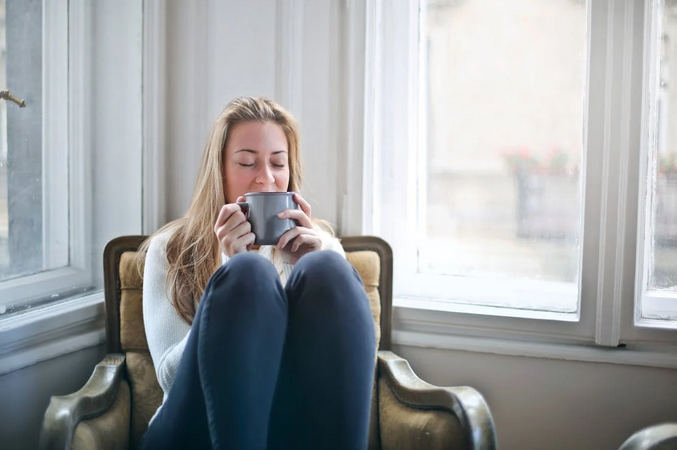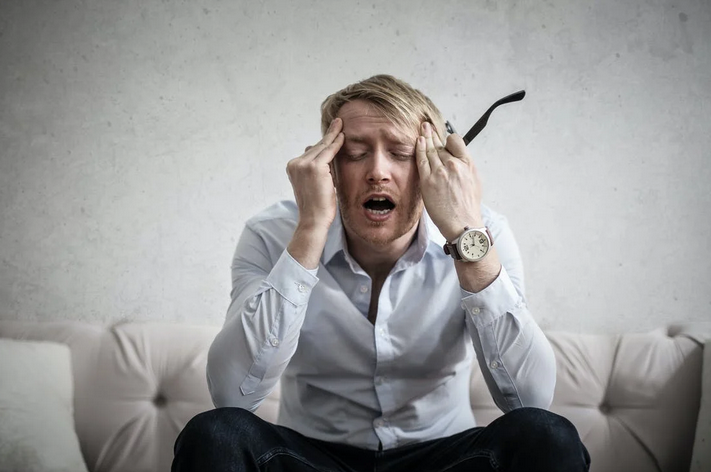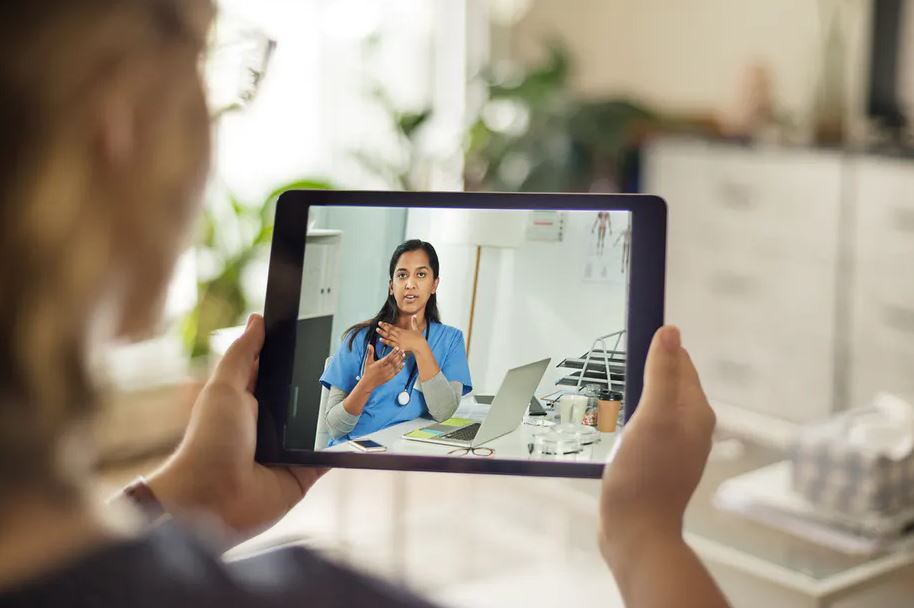Anxiety can often be a heavy cloud hanging over your head. It creeps in unexpectedly, making even the simplest tasks seem daunting. But there’s good news! You don’t have to let anxiety control your life. Simple self-care habits can make a world of difference.
Making these small changes in your routine may help you manage stress more effectively and bring some calm back into your day-to-day existence. Keep on reading and get some insight into some easy yet powerful techniques that can keep anxiety at bay and cultivate a sense of peace within yourself.
Mindful Breathing
Managing anxiety with mindful breathing is so satisfying. It’s simple yet effective, and the best part is that it can be done anywhere. Just by breathing mindfully, you can ground yourself in the present moment. Okay, but how do we do this? First, find a comfortable position. Close your eyes if it feels right.
Inhale deeply through your nose, and make sure your belly expands like a balloon. Hold that breath for a count of four. Now, exhale slowly through your mouth, releasing all the tension stored in your body. Repeat this process several times. With consistency, mindful breathing can become an anchor during stressful moments. You’ll find clarity as you reconnect with yourself amid chaos.
Daily Walks

Daily walks can work wonders for your mental health. They provide a simple yet effective way to reduce anxiety and boost your mood. Just stepping outside into the fresh air can clear your mind. Walking allows you to connect with nature, which has calming effects on the brain. Whether it’s a stroll through the park or around your neighborhood, every step counts.
You don’t need to walk miles; even short bursts of movement matter. Try different routes or explore new areas to keep things interesting. This adds an element of adventure while benefiting your mental state. Consider walking at a steady pace while listening to music or podcasts that inspire you. Engaging both body and mind creates a richer experience.
Limit Caffeine
Caffeine is a common part of many people’s daily routines. A cup of coffee can seem like the perfect pick-me-up, but it may also contribute to anxiety levels. When consumed in excess, caffeine can stimulate the nervous system. This will lead to increased heart rates and feelings of tension. For those prone to anxiety, these effects can be particularly uncomfortable. Try tracking your caffeine intake for a week. You may find that reducing consumption helps you feel calmer throughout the day. Switching to herbal teas or decaf options could be beneficial, too. They provide warmth and comfort without the jitters associated with high caffeine levels.

Unplug Regularly
We live in a digital age, where screens dominate our daily lives. It’s easy to become overwhelmed by the constant barrage of notifications and updates. Taking time to unplug can be a game changer for your mental health. So, try setting aside specific periods during the day when you disconnect from devices. This could be as simple as turning off your phone for about an hour or sliding away from social media altogether. Use this time to engage in activities that nourish your mind and spirit. Read a book, practice a hobby, or simply enjoy nature around you. Notice how being present feels different. A little break from technology might just help clear your mind and reduce anxiety levels significantly.
By integrating these easy practices into your routine, you’re taking positive steps toward better mental health. Small changes often yield significant results over time—so start today and find what works best for you. Remember that prioritizing self-care is not just beneficial; it’s necessary for leading a fulfilling life.…



 One of the best things you can do for your anxiety is to schedule a worry time. This may sound counterintuitive, but it works. When you have anxiety, your mind is always running. You are constantly worrying about something. Scheduling a worry time gives you permission to worry. It allows you to set aside time to focus on your worries. And it can help you worry less the rest of the day. To schedule a worry time, choose a time and place where you can be alone and uninterrupted. Set a timer for 15-30 minutes, let go of yourself, and allow yourself to worry about anything and everything on your mind.
One of the best things you can do for your anxiety is to schedule a worry time. This may sound counterintuitive, but it works. When you have anxiety, your mind is always running. You are constantly worrying about something. Scheduling a worry time gives you permission to worry. It allows you to set aside time to focus on your worries. And it can help you worry less the rest of the day. To schedule a worry time, choose a time and place where you can be alone and uninterrupted. Set a timer for 15-30 minutes, let go of yourself, and allow yourself to worry about anything and everything on your mind.
 Did you know that a study found that people who smile more often tend to have less anxiety and depression? Smiling has been found to help reduce stress, lower blood pressure, and boost your mood. And the best way to do so is to put a smile on other people’s faces too. You can do this by complimenting others, telling jokes, or simply smiling at people you pass by.
Did you know that a study found that people who smile more often tend to have less anxiety and depression? Smiling has been found to help reduce stress, lower blood pressure, and boost your mood. And the best way to do so is to put a smile on other people’s faces too. You can do this by complimenting others, telling jokes, or simply smiling at people you pass by.
 Because of cartoons bashing the efficacy of therapy and the fact that it’s seen as expensive and only for “serious” cases, many people don’t see the value in therapy sessions. If you can afford it, please do give it a try with a professional therapist. If not, there are still other ways to get help.
Because of cartoons bashing the efficacy of therapy and the fact that it’s seen as expensive and only for “serious” cases, many people don’t see the value in therapy sessions. If you can afford it, please do give it a try with a professional therapist. If not, there are still other ways to get help. If you don’t feel comfortable talking to friends or family about your
If you don’t feel comfortable talking to friends or family about your 
 Online reviews can guide you in choosing the best. The digital revolution has brought about significant changes in the field of psychological counselling, and in particular, online psychotherapy is now a telecare service, in several instances more beneficial than actual contact.
Online reviews can guide you in choosing the best. The digital revolution has brought about significant changes in the field of psychological counselling, and in particular, online psychotherapy is now a telecare service, in several instances more beneficial than actual contact. In most cases, online psychotherapy is a valid alternative to face-to-face therapy, except for some specific clinical conditions due to the severity or type of symptoms. However, the effectiveness of remote therapy is demonstrable in terms of patient satisfaction and the long-term effects it implies. In other words, it depends on how well the therapist can grasp the patient’s inner world and how much he feels understood and recognized.
In most cases, online psychotherapy is a valid alternative to face-to-face therapy, except for some specific clinical conditions due to the severity or type of symptoms. However, the effectiveness of remote therapy is demonstrable in terms of patient satisfaction and the long-term effects it implies. In other words, it depends on how well the therapist can grasp the patient’s inner world and how much he feels understood and recognized.